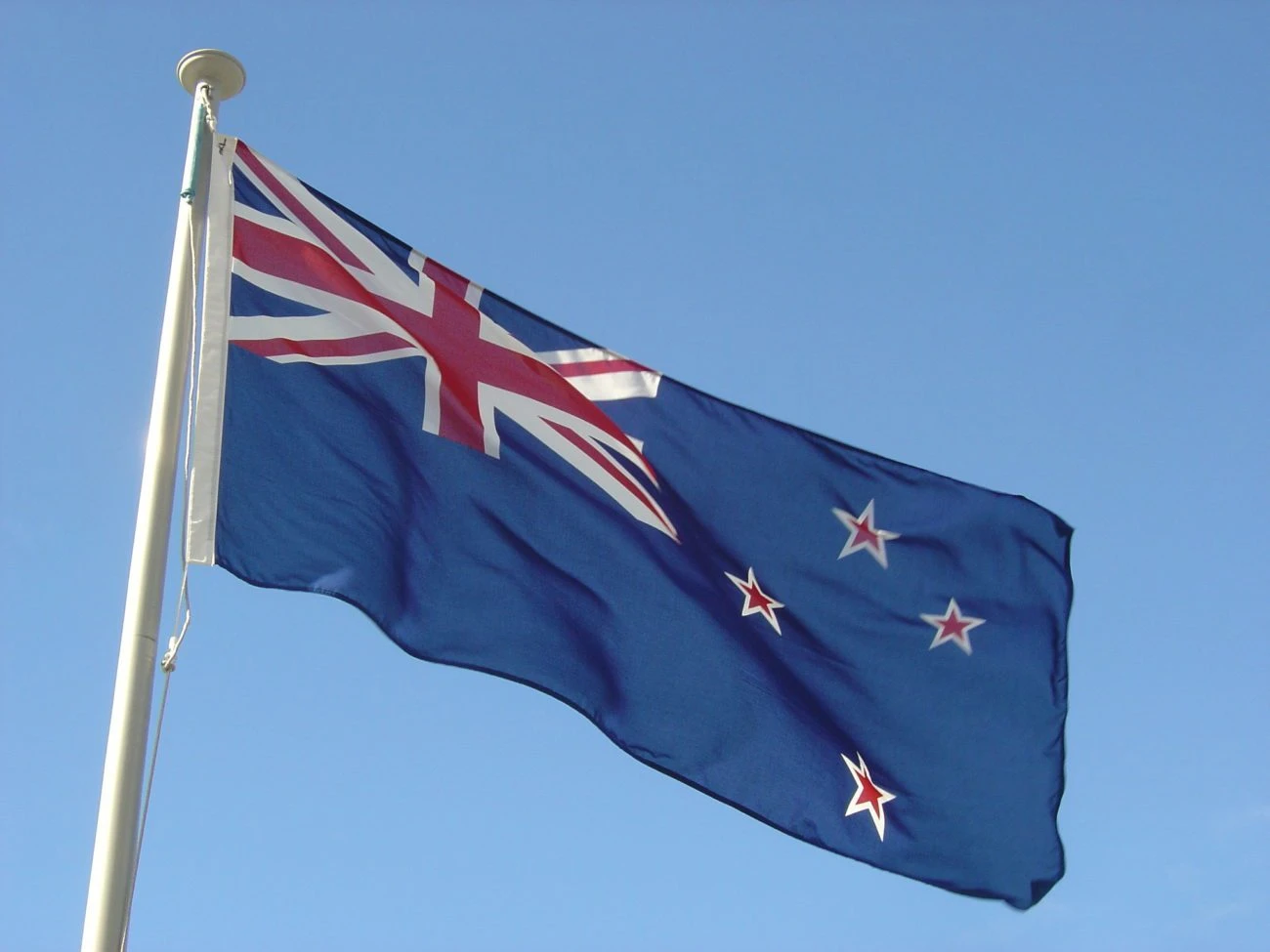Cautious optimism at RITA as profit beats early expectations

New Zealand’s Racing Industry Transition Agency (RITA) has revealed that turnover and profit for the year-to-date are both ahead of initial expectations, while the organisation remains hopeful that a second Racing Bill will be passed to come into force by June 2020.
In an update to the industry, RITA chair Dean McKenzie said he expects the bill to be introduced in the New Zealand parliament next month, with a Select Committee process to allow industry stakeholders to give their opinions on proposed reforms.
Key measures that feature in the bill include RITA being able to charge offshore bookmakers for offering odds on New Zealand racing and sports, as well as a point of consumption tax, to be levied on operators taking bets from New Zealanders.
McKenzie noted the bill is scheduled to be passed into law before the end of June next year, as it is due to be enacted from 1 July.
“We have two focuses for these charges: the first is doing whatever we can to support the Department of Internal Affairs and Parliamentary Council Office to draft and implement them as soon as possible; the second is signing up as many offshore bookmakers to voluntary agreements in the meantime,” McKenzie said.
“We have already secured voluntary agreements with Tabcorp, Betfair, Sportsbet and Ladbrokes – with negotiations underway with others. This means we have about 80% of the Australian online bookmaker market now contributing back to the industry.”
Other proposed regulations include payment of the betting duty savings, which are being held separately by RITA, as well as the formula for payments to racing codes and the formula for minimum payments to national sport organisations.
“We expect the Racing Minister will outline Cabinet’s decisions on the content of Bill 2 in due course and that will provide further context to the proposed legislative changes ahead,” McKenzie said.
Meanwhile, McKenzie said that turnover, gross betting margin and customers numbers were all ahead of budget in the year-to-date period beginning August 1.
McKenzie also noted a positive performance in terms of profit, saying that, for the year-to-date, profit stood at NZD$2.9m (£1.4m/€1.7m/US$1.9m) ahead of budget. Though McKenzie said RITA is “not getting ahead” of itself, this figure provides some “cautious optimism to the board that we are tracking in the right direction”.
RITA was boosted by the 2019 Rugby World Cup, which McKenzie said was the TAB’s most successful sports event of all time with revenue amounting to $7.5m. Consumers wagered $32.9m on the tournament, with more than 1m bets taken from around 90,000 customers.
McKenzie said the Melbourne Cup and the NZ Cup and Show week also delivered strong returns for the TAB. In addition, the new TAB betting platform performed well, with 148,000 active customers now registered.
The better-than-expected performance comes after RITA this month reported a 3.1% year-on-year decline in revenue to $348.0m for the fiscal year ending 31 July.
Combined expenses from both turnover and operating costs came to $211.3m, down 0.9% from 2017-18. This resulted in a net profit before distributions of $136.7m, down 6.3% year-on-year.
The end of the fiscal year saw major changes to racing in New Zealand with the Racing Reform Act, which came into effect on 1 July. The act sets out various new taxes, including point of consumption and race field fees, as well as allowing for the creation of RITA, which replaced the New Zealand Racing Board.
Image: Tākuta
